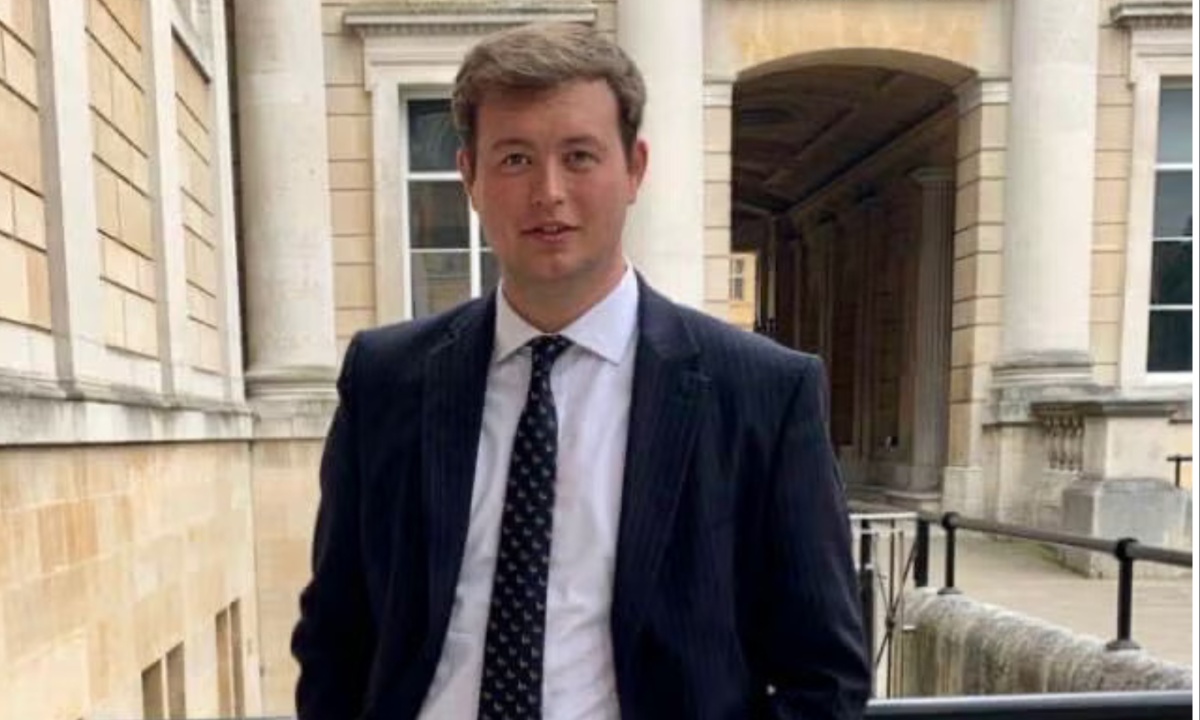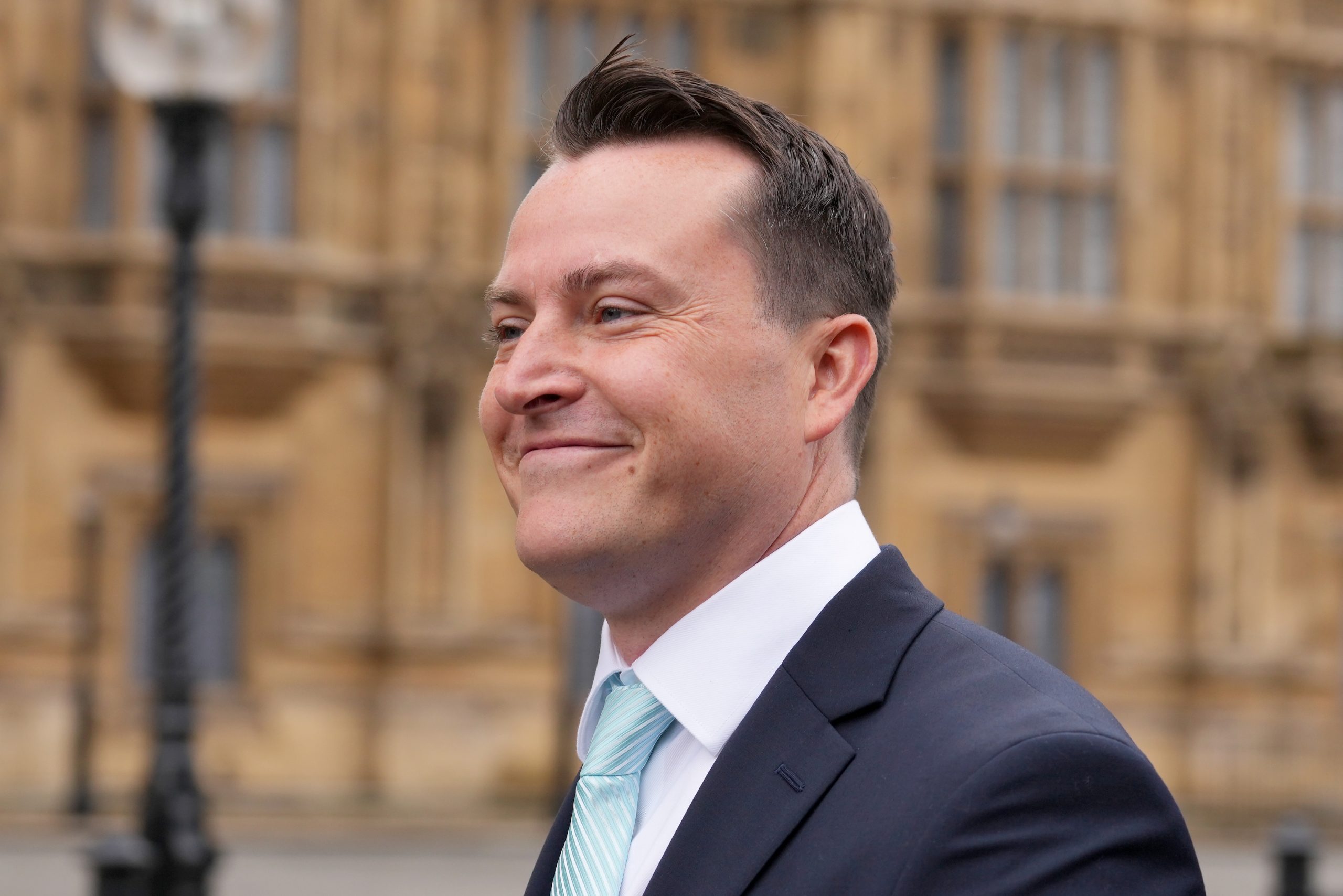Mark Matlock, a candidate for the populist Reform UK Party, faced skepticism and accusations of being an artificial intelligence (AI) creation in the recent election. Despite the claims circulating on social media, Matlock, who ran for the Brixton and Clapham Hill seat, affirmed his identity and dismissed the AI allegations as unfounded.
He expressed that the controversy unexpectedly benefited his campaign by increasing his visibility and promised to release a video to debunk the rumors.
The Reform UK Party made significant strides in the latest general election, securing 14% of the vote, though this translated to only 1% of the seats in the House of Commons due to the “first past the post” electoral system. This success disrupted the Conservative Party’s position and contributed to a notable victory for the Labour Party amid the lowest voter turnout in nearly a century.

Mark Matlock faces AI accusations in Reform UK election controversy, dismissing claims and boosting campaign visibility
Amid Reform UK’s surprising performance, speculation arose about the party’s tactics, including accusations of using fake candidates. Matlock became the focal point of these rumors, partly due to his perceived artificial appearance.
Critics and some analysts suggested that the party’s unexpected surge and need to fill many candidate slots might have led to allegations of employing AI-generated candidates, although these claims were eventually disproved.
Alan Mendoza of the Henry Jackson Society highlighted that the mainstream political sphere had been eager to discredit Reform UK’s unexpected rise. He suggested that the controversy over AI candidates was a result of attempts to undermine the party’s credibility.
Mendoza believed that such allegations often arise in elections with tight deadlines, but noted that the prospect of an AI candidate winning would render the scheme implausible.
Additional scrutiny came from opponents and rival candidates like Green Party’s Shao-Lan Yuen and Independent Jon Key, who questioned Matlock’s presence and campaign engagement. Matlock, however, clarified that he was incapacitated by pneumonia on election night, which explained his absence and lack of responsiveness.
In the broader context, this incident reflects growing concerns about AI’s influence in politics. The episode underscores the complexities and challenges posed by emerging technologies, such as deepfakes and AI-generated content, which have already been linked to disinformation in various international elections.
The Reform UK controversy exemplifies the evolving nature of political discourse and the increasing scrutiny of candidates in the digital age.











































